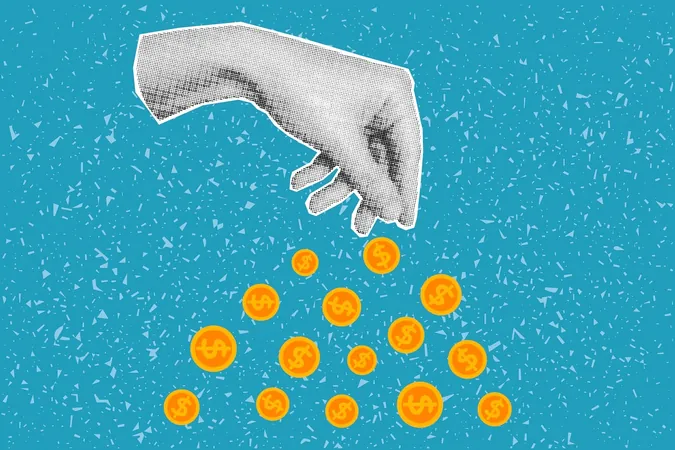
Why Timing Matters: The New Measles Vaccine Schedule for Children
2025-09-22
Author: William
Urgent Need for Vaccination!
As measles cases soar, it's time to take a serious look at childhood immunization rates. In Europe, these numbers have reached alarming levels not seen in 25 years!
Big Changes Coming in the UK
Starting January 2026, the UK will administer the second dose of the measles vaccine at just 18 months instead of the previous age of three or four. The first dose will still be given at 12 months.
This progressive change is backed by research indicating that earlier vaccination leads to higher uptake rates, with France already having success with a similar approach. However, vaccination schedules vary widely across Europe.
The Contagion Factor
Measles is known to be one of the most contagious viruses globally, capable of infecting 16 to 18 individuals from just one infected child in a population lacking immunity.
To effectively fend off outbreaks, two doses of the measles vaccine are crucial. Health experts have established that if 95% of children are vaccinated, community spread can be contained through 'herd immunity'.
The Alarming Decline in Vaccine Uptake
Recent data from WHO and UNICEF reveals a troubling trend: while 94% of babies in Europe receive their first measles vaccine, only 91% get the second dose. This 3% shortfall might sound minimal, but it represents a significant number of under-vaccinated children and moves us further away from the critical 95% target.
Learning from London's Experience
In London, proactive measures were taken in the early 2000s when seven boroughs revised their vaccination schedule, offering the second dose at 15-18 months amid rising outbreaks. This adjustment led to a notable 3.3% increase in vaccination uptake.
Furthermore, upcoming research from UK scientists demonstrates that giving the second dose earlier significantly reduces the number of cases during simulated outbreaks. Delaying the second dose could result in a spike in infections.
Official Announcement from UK Health Authorities
The UK government’s recent decision to roll out the second MMR vaccine dose at 18 months is based on scientific insights from the Joint Committee on Vaccination and Immunisation. Dr. Mary Ramsay from the UK Health Security Agency emphasized the success seen in London, which served as a motivating factor for the new schedule.
Introducing the MMRV Vaccine
In a notable shift, the new schedule will include a combined MMR and Varicella vaccine, known as MMRV, replacing the MMR for both doses. This is the first addition to the routine childhood vaccination program since the introduction of the MenB vaccine in 2015.
Dr. Ramsay highlighted that this rollout aligns with the global trend, with countries like Germany, Canada, and the US already implementing the MMRV vaccine.
A Step Forward in Public Health
With the rising cases of measles and the robust evidence supporting new vaccination strategies, it's crucial for parents to stay informed about their children's immunization schedules. The UK is taking significant steps to ensure a healthier future for its youngest citizens.









 Brasil (PT)
Brasil (PT)
 Canada (EN)
Canada (EN)
 Chile (ES)
Chile (ES)
 Česko (CS)
Česko (CS)
 대한민국 (KO)
대한민국 (KO)
 España (ES)
España (ES)
 France (FR)
France (FR)
 Hong Kong (EN)
Hong Kong (EN)
 Italia (IT)
Italia (IT)
 日本 (JA)
日本 (JA)
 Magyarország (HU)
Magyarország (HU)
 Norge (NO)
Norge (NO)
 Polska (PL)
Polska (PL)
 Schweiz (DE)
Schweiz (DE)
 Singapore (EN)
Singapore (EN)
 Sverige (SV)
Sverige (SV)
 Suomi (FI)
Suomi (FI)
 Türkiye (TR)
Türkiye (TR)
 الإمارات العربية المتحدة (AR)
الإمارات العربية المتحدة (AR)